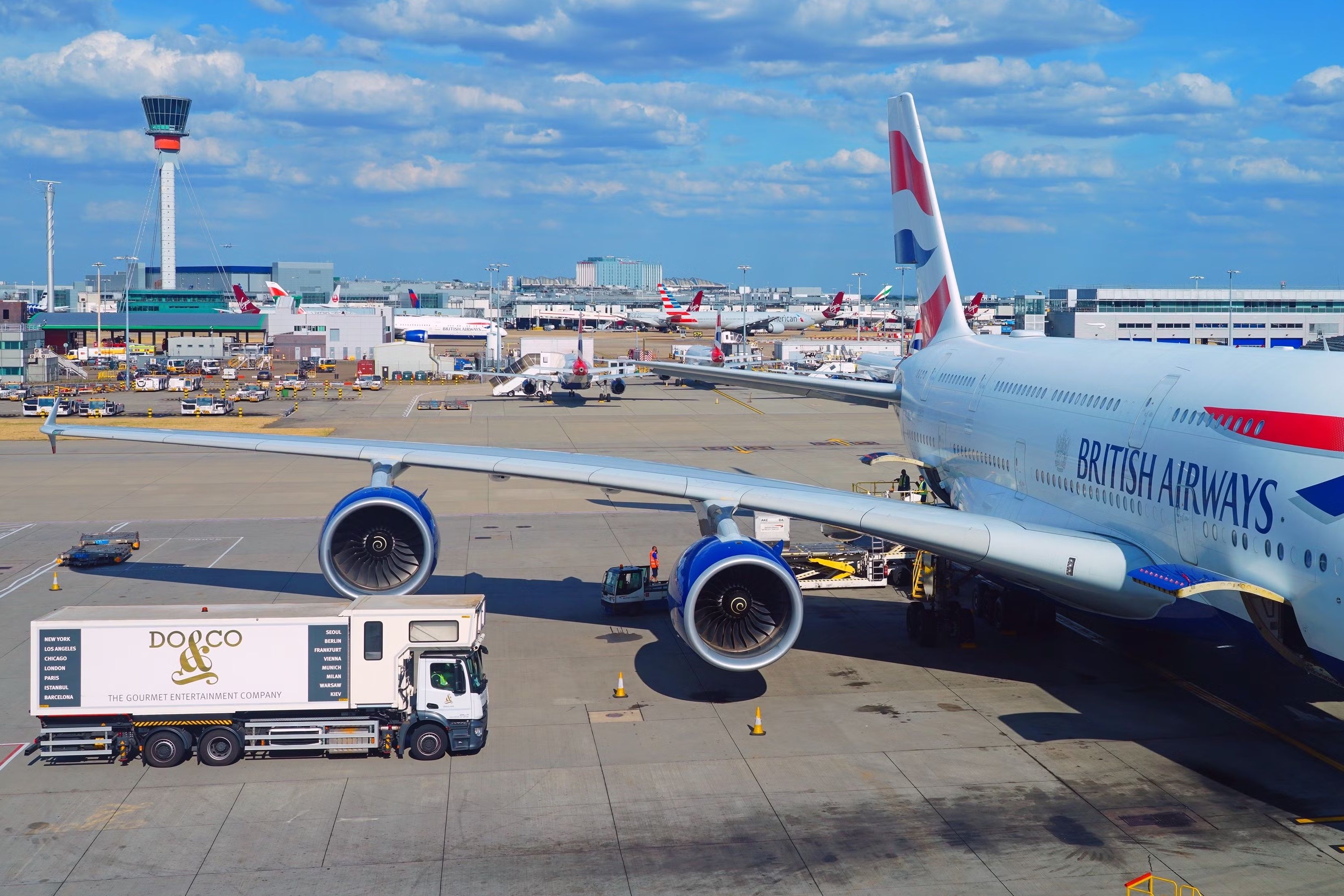
A couple of weeks ago, a fire at London Heathrow Airport (LHR) created a power outage, which had a multifaceted impact on the commercial aviation industry. With flights disrupted and passengers displaced for days, it is unsurprising that airlines were quick to indicate that there would be a negative financial impact resulting from the incident. While in the short term, the fire forced Heathrow to shut down for more than 24 hours, the long-term impacts of this incident have yet to be fully discussed .
Get all the latest aviation news from Simple Flying! Caused by a fire at a nearby electricity substation, the world's second-busiest passenger airport came grinding to a halt, something which had a significant negative impact on operations for carriers that had major hubs at the facility. The abrupt shutdown of the airport resulted in more than 1,300 flights being canceled, something which dealt a major financial blow to major airlines with large hubs at Heathrow, including Virgin Atlantic and British Airways. A deeper look at how airline stocks will be impacted by the incident In the immediate wake of the incident, British airline stocks took fairly serious blows, especially for those carriers that had close ties to the airport, according to a breakdown from Reuters .

For example, the International Airlines Group (IAG), the parent company behind UK-based flag carrier British Airways, saw share prices fall by more than 4% during the trading session, and they eventually closed more than 1.9% lower. In addition, other travel and leisure sector stocks fell by amounts exceeding 2%, including multiple companies that either had relationships with or investments in Heathrow Airport.
These declines came amid a period of broader economic uncertainty that worried investors, a lot of which was driven by global tariff policies and geopolitical uncertainty in Europe. Despite the fire at Heathrow, the FTSE 100 and the FTSE 250, both of which are broad indices of the UK's stock market, registered modest gains. London's biggest airport has resumed opertions as normal after causing global travel chaos on Friday Beyond the short-term disruptions and brief stock losses in the travel sector, the Heathrow incident has raised some longer-term concerns about the cost implications that it could have for airlines.
The airport's chief executive, Thomas Woldbye, revealed that the airport is currently exploring the possibility of installing an advanced power system that is capable of switching between multiple different power sources . He indicated in a statement that this system upgrade could cost more than $1.2 billion, a concerning figure for airlines.
Under the airline's current operational model, these extensive capital expenditures would be financed through increased landing charges imposed on the airport's principal carriers. This has led many carriers to consider that their operational costs at Heathrow could soon increase quite significantly , something which would undoubtedly hurt profitability. As a result of this fire, airlines are now in a position where they have not only had to pay out refunds and support payments to passengers, but are also forced to consider paying more to operate to and from Heathrow .
So, what additional considerations are there for carriers? It is important to note that these worries could be assuaged by a decision by the United Kingdom's government to help support the construction of these new power systems. Given the airport's importance to the public, as well as the friendly relationship between these UK-based carriers that have major operations at Heathrow and the UK government. However, given increased budgetary concerns in the United Kingdom, it is unlikely that such spending will be authorized.
.














